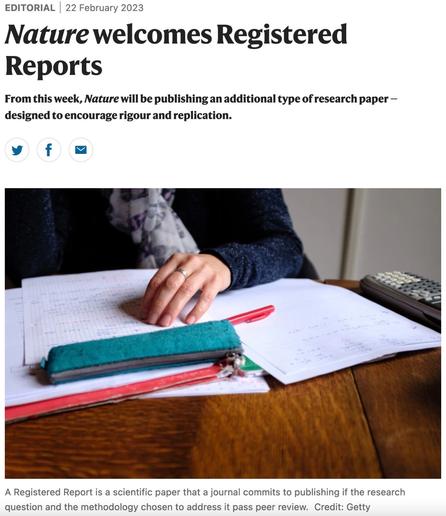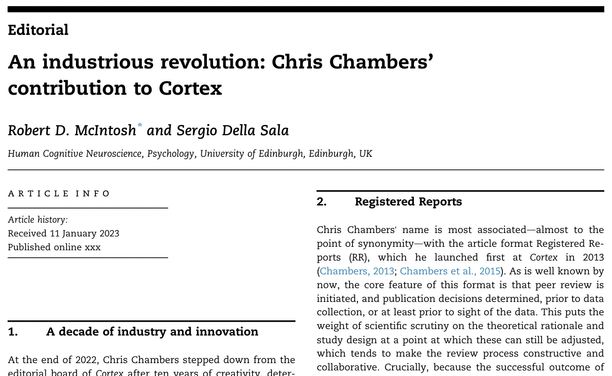Wonderful to see our new Centre for Equality Research in Brain Sciences, at @UCLBrainScience, covered by Nature https://www.nature.com/articles/d41586-023-01425-y @MiryamNaddaf
Assistant Professor in psychology in the UK.
Cognitive neuroscience of vision: attention, face & object perception. Neuropsychology, EEG, eye tracking, response times.
Current research: the effect of disfiguring facial features on perception, attention, memory and trait inferences to faces.
I am interested in philosophy (continental), music(ology), opera, arts, and great literature: Dante, Derrida, Joyce, Beckett.
(he/him)
| profile @ university | https://research.aston.ac.uk/en/persons/luc-boutsen |
| Google Scholar | https://scholar.google.com/citations?user=e28Vpu4AAAAJ&hl=en |


